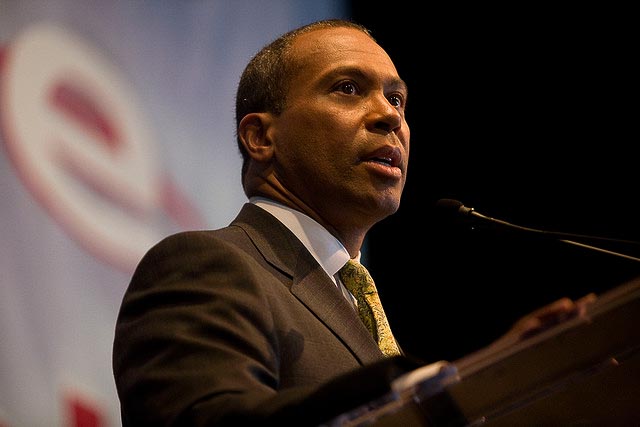Though academics and advocates alike have closely examined the increasing political representation of blacks and minorities, few have closely studied the paths those politicians take to office.
University of Wisconsin – Milwaukee researcher Paru Shah wanted to find out more about the factors that compel black people to run for office and influence their political ambitions.
Her paper, “Closing the Racial Gap: Estimating Black Political Ambition,” attempts to answer a pair of questions: how often do black candidates run for office, and how often are they successful?
The conclusion is perhaps not particularly surprising. Blacks are statistically similar to whites in seeking office, but they face dramatically smaller chances of success.
The Study
Using data from the Local Elections in America Project (LEAP), Shah looks at two sets of politicians: those seeking to retain their current position (which she refers to as those with “static ambition”) and those seeking higher office (those with “progressive ambition”). The data cover local races in Louisiana from 1990 to 2010.
By focusing on the candidates and the offices they seek, Shah focuses on the “supply” side of minority political reputation, whereas studies more often look into voter behavior, or the “demand” side of the equation.
The data show that black candidates run in less than half of all races in the state, and they win less than a quarter of the races in which they run.
Once, they’ve won, though, Shah showed they then run for the same office almost six times as often as they run for higher office. In their races for the same office, they win more than half the time. In their race for the higher office, they win less than a quarter of the time.
Shah created a model to study those results and the relationships they suggest between candidates, success and ambition.
The Findings
Shah’s model shows that blacks are less likely to win elections than non-black counterparts, but they are just as likely to seek higher office as other candidates.
Those effects are lessened based on partisanship and jurisdiction demographics – black Democrats are more likely to win than black Republicans, and blacks are more likely to win in majority-black districts.
And, as is well established by previous research, incumbency is strongly related to winning. It also is a major factor in deterring candidates from seeking higher office.
Ultimately, Shah finds blacks are as likely as non-black candidates to show political ambition by seeking higher office, but they face smaller odds of success.
“In short, black candidates are as ambitious as non-black candidates, but less successful,” Shah writes.
The Implications
The research suggests that addressing black political representation still requires a focus on voters, and it can’t be explained by a lack of willing candidates.
http://www.leap-elections.org/Downloads/Shah_2013.pdf

